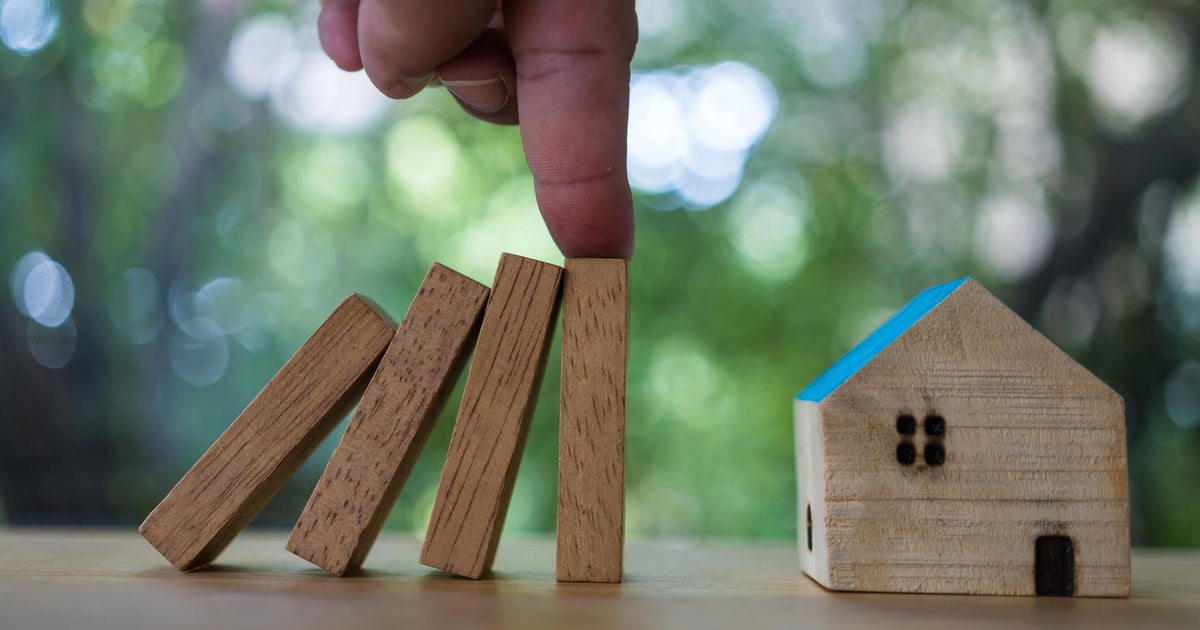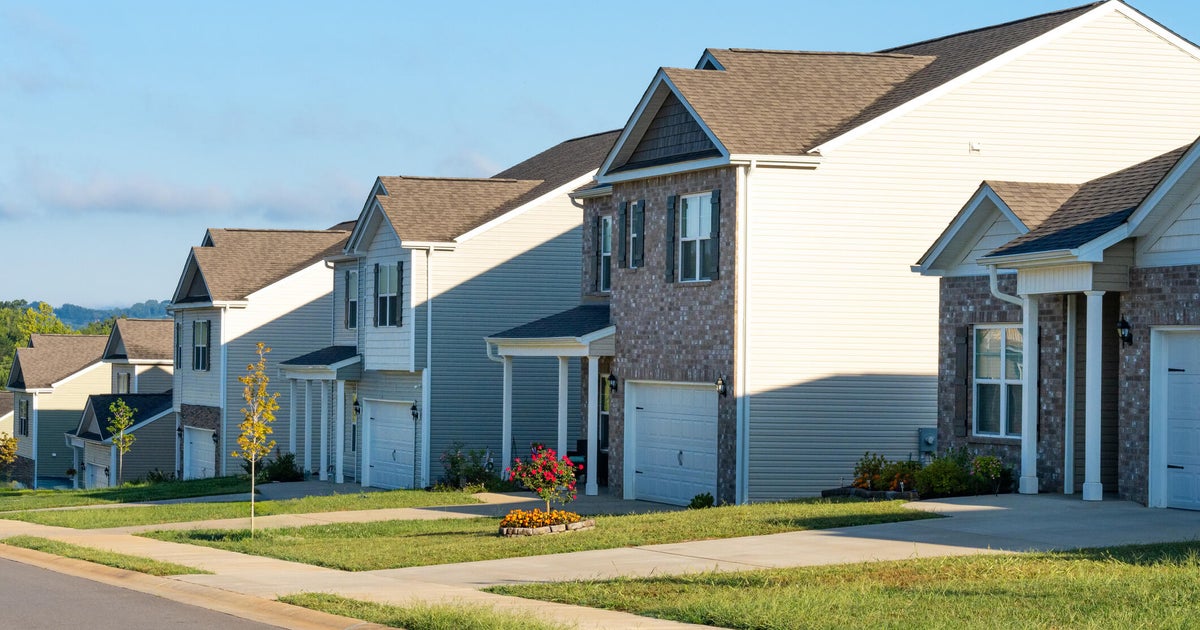Should you buy a home in 2024? Here's what some experts suggest
With mortgage rates trending downward, many prospective homebuyers are left wondering whether they should act now or wait to see if the situation improves further as 2024 gets underway.
Buying a home this year, particularly in early 2024, might mean you're able to beat the rush, as the market could get more crowded if or when rates drop further. Waiting, however, could give you more options to choose from as supply improves, along with the potential for increased mortgage affordability.
"Buying while rates are high may put you ahead of others in the market, but does put you at risk if you are not financially secure," says Jo-Ann M. Marzullo, real estate attorney at Ligris + Associates.
While it's hard to say exactly where mortgage rates and home prices are heading, many experts predict that mortgage rates will drop this year, though probably not to pandemic-era levels.
Not sure what mortgage rate you'd qualify for? Find out here now!
Should you buy a home in 2024?
"I am optimistic regarding mortgage rates, but not overly. I believe rates will slowly continue to move toward the low 6% range over the course of 2024. However, I don't believe we will see 5% rates during 2024 unless the Fed drastically changes their stance on inflation," says Cody Horvat, licensed real estate broker at The Scott Group, a division of Compass.
Meanwhile, outlooks on real estate prices are more mixed and may vary from city to city.
"This will be very market dependent, but on a national level I do not expect prices to go higher and some markets could see 5% to 10% drops," predicts Colin Lee, managing director at New Gables Capital, a private commercial real estate lender.
Horvat, however, foresees lower mortgage rates pushing up prices in many areas.
"I expect home prices to remain stable or continue to increase in many cities across the U.S. Mortgages rates in the 7% range pushed a lot of home buyers to the sidelines in 2023, however, now that rates have cooled a bit, buyers are slowly reentering the market," says Horvat.
Given these conditions, homebuying could be somewhat of a mixed bag in 2024, depending on factors like your location and financial position.
Learn more about your current mortgage options now.
Pros and cons of buying a home now
If you buy a home now, you could potentially have less competition than if you waited, and you can reduce the risk of paying more down the road. The advantage "of buying right now is that you know what the market is like," says Horvat.
While rates are still relatively high, you might be better off acting now than facing whatever comes next. "The reality is that once interest rates drop, it is likely that competition will increase and make it even more difficult to buy," says Marzullo.
Experts generally advise against counting on being able to refinance later on, but it's worth considering that refinancing to a lower rate could be a nice bonus to your financial situation if you can afford to buy a home now.
"If you find your 'forever home' and are comfortable with the monthly payment at today's rates, then there's no reason to wait," says Lee.
While it's possible you'd get a better deal in the future, knowing what you're getting now could be worth it to you. That can be especially true if you're switching from renting to home ownership, where you can get a fixed-rate mortgage instead of facing "the unknowns of rent increases and landlord issues," says Lee.
And there's also the emotional component. "While you can't put a price on this, some people are tired of renting and will feel happier owning," he adds.
However, there are also some downsides to consider.
The top disadvantage "in the market right now is the lack of inventory. High rates have caused 'golden handcuffs' for many owners that want to sell, but they don't want to give up their low mortgage rate," explains Horvat. Your options also might be more limited in terms of what you can afford now.
"Interest rates are expected to come down, so you may be buying 'less' house for the money than you may be able to afford in the future," says Lee.
Are you considering buying a home in today's market? Get started online today.
Pros and cons of waiting to buy a home
If you wait to buy a home, you might gain flexibility and perhaps find a better deal. "Supply is limited and as markets normalize, there should be more options for buyers," says Lee.
Plus, you might find that the financial outlook for homebuyers improves. "You can wait and see what happens with interest rates and home prices, which both seem to have reached their near-term highs," he adds.
Still, there's no guarantee what will happen with rates and prices.
"While I don't think there's much harm in waiting in the current environment, you'll be exposed to potential rent increases and you never truly know what direction home prices or interest rates will go," says Lee.
Waiting could also lead to more competition or higher prices.
"The con of waiting is that if rates go down, buyers are going to rush into the market and competition is going to be fierce. On the other hand, you could wait and rates could increase even higher, making homes even less affordable," says Horvat.
Still, you might prefer to wait to improve your own financial situation, like by saving for a larger down payment.
If you have a significant down payment such as 20%, that "makes purchasing with a high interest rate less risky. If your down payment is bare bones, I wouldn't recommend buying with higher interest rates," says Marzullo.
The bottom line
Overall, there are pros and cons to both buying a home now and waiting to do so. If you have the savings and the income to afford a mortgage now, you might benefit from locking in a price and enjoying the benefits of home ownership. The market could also get more crowded in a lower interest rate environment.
But if you wait, you might be able to save more money to reduce your mortgage payments, while also benefiting from factors like more housing supply to choose from and potentially lower mortgage rates.






